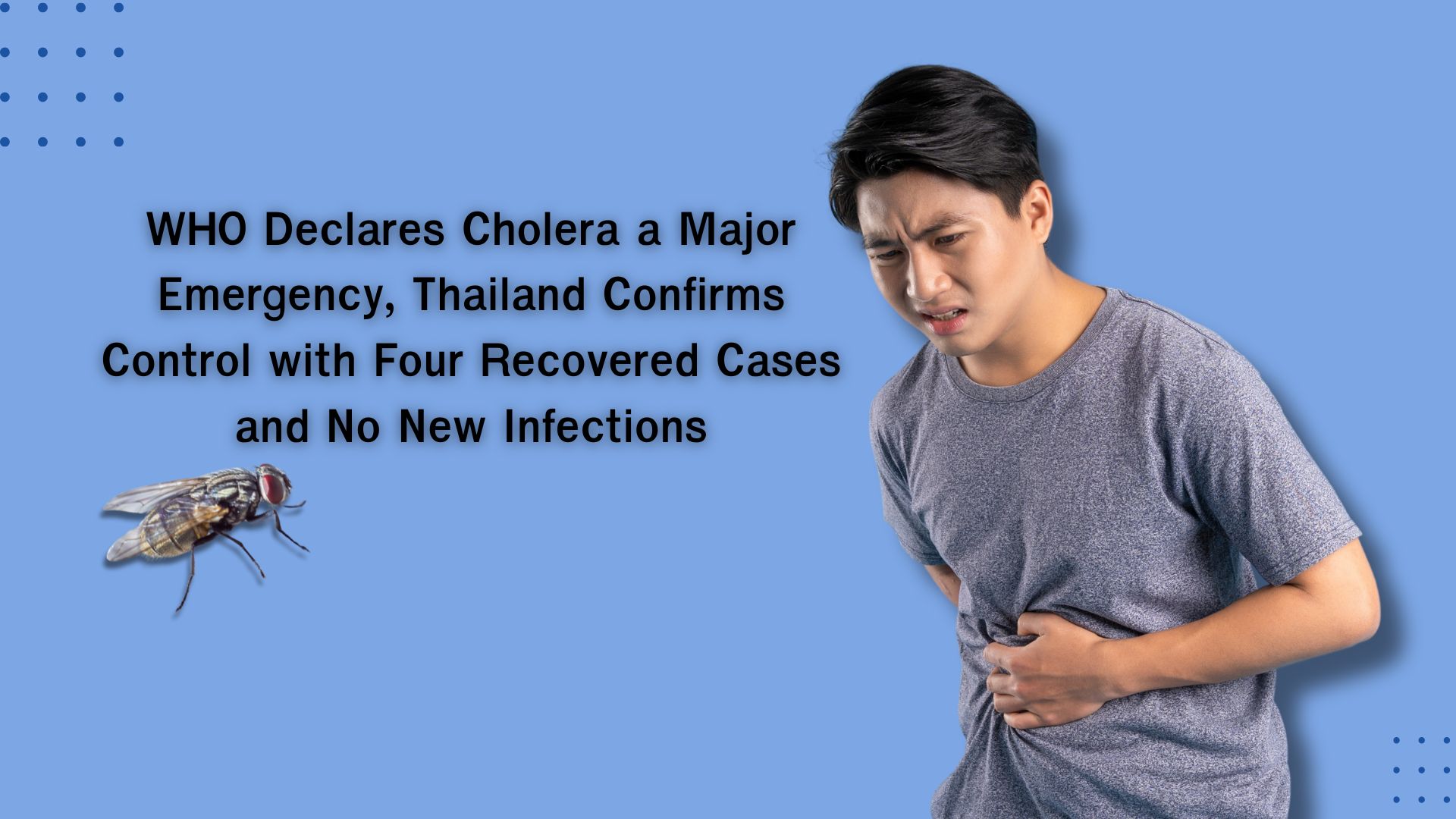ArokaGO News
•January 6, 2025
Public-Private Partnership Supports ATMPs to Build a Billion-Dollar Health Economy and Propel Thailand to Become a Global Medical Hub
Thailand is accelerating its efforts to become a “Global Medical and High-Value Healthcare Hub” with the goal of becoming a global leader in modern medicine by 2027. A primary focus is on the development of Advanced Therapy Medicinal Products (ATMPs), which are innovations involving high-end technologies such as gene therapy, cell therapy, and tissue engineering.
The ArokaGO Reporter
January 6, 2025

Thailand is accelerating its efforts to become a “Global Medical and High-Value Healthcare Hub” with the goal of becoming a global leader in modern medicine by 2027. A primary focus is on the development of Advanced Therapy Medicinal Products (ATMPs), which are innovations involving high-end technologies such as gene therapy, cell therapy, and tissue engineering.
Global ATMP Market and Thailand’s Opportunity Dr. Korakrit Limsommut, Deputy Director-General of the Department of Health Service Support (DHSS), revealed during a conference titled “Driving Policy for Thailand’s Development as a Medical and Health Promotion Hub” that the global ATMP market in 2023 was valued at over USD 11.99 billion and is projected to grow to USD 35.59 billion by 2032. Thailand imports over 100 billion THB worth of these products annually, highlighting significant opportunities for the country’s medical industry.
Key Strategies for Becoming a Medical Hub Dr. Korakrit outlined Thailand’s medical and healthcare development strategy for 2025-2034, emphasizing three main areas:
-
Enhancing Competitiveness: Promoting medical innovation and improving legal frameworks to facilitate investment.
-
Developing Infrastructure and Workforce: Preparing the ecosystem and developing specialists in advanced medical fields.
-
Promoting Health Business and Medical Tourism: Attracting health tourists and offering high-value services.
Thailand as a Leader in ATMPs Currently, ATMPs are considered a high-potential medical innovation focusing on the treatment of complex diseases such as cancer and genetic disorders. Thailand has already initiated clinical research and trials in over 2,000 cases in these areas. Dr. Korakrit emphasized that government support through the establishment of specialized subcommittees and task forces will help drive production standards and confidence in Thailand’s ATMPs, thereby strengthening the country’s health economy.
Rapid Advancement of Global Medical Technology The international conference on advanced medical products aimed to inform stakeholders about the rapid advancement of global medical technology, particularly in the use of human cells, tissues, and genes for treatment. These technologies have enabled breakthroughs in treating diseases previously deemed incurable with conventional methods.
The World Health Organization (WHO) and the U.S. Food and Drug Administration (USFDA) classify these new products under Cell, Tissue, and Gene Therapy Products, while the European Medicines Agency (EMA) refers to them as Advanced Therapy Medicinal Products (ATMPs).
Global Recognition of Thai Medical Standards Thailand’s medical services industry has gained global recognition for its high standards. Therefore, adapting to new medical technologies is crucial. Regulatory agencies in Thailand have begun developing control systems for this new category of medical products.
Regulation and Support for ATMPs On October 31, 2024, the Ministry of Public Health issued a Royal Gazette notice declaring ATMPs as medicinal products under the supervision of the Minister of Public Health, Somsak Thepsuthin.
Dr. Amorn Leelarasmee, an honorary member of the Medical Council, expressed full support for ATMPs and stem cell research, emphasizing the importance of continued medical advancement. Similarly, Dr. Onraporn Methadilkakul, a former director of the Medical Law Division, highlighted the need for Thailand to adopt international standards in regulating stem cell research and other advanced medical technologies.
Private Sector Involvement Dr. Weerapol Kemarungsun, CEO of Medeze Group PCL, a key private sector participant, highlighted Thailand’s readiness in medical services and tourism. He noted the future potential of stem cell therapy in addressing age-related health issues. With proper collaboration, Thailand is poised for significant growth in this sector.
Dr. Pongpan Kaewtatip, Director of the Office of Science, Research, and Innovation (SRI), stressed the importance of safety in implementing advanced medical technologies. He also recognized the high costs associated with research and development, pledging financial support from the private sector to ensure the safe application of these technologies.
Conclusion: Enhancing Safety and Economic Growth Thailand’s regulatory bodies, including the Food and Drug Administration (FDA) and the Department of Medical Sciences, are drafting standards for laboratory facilities. Once completed, these efforts are expected to position Thailand as a leader in advanced medical technology and attract significant foreign investment. With international recognition of Thai medical services, the country is well-positioned to expand its Medical Tourism sector and become a global hub for high-value healthcare.
Source:

WHO Declares Cholera a Major Emergency, Thailand Confirms Control with Four Recovered Cases and No New Infections
January 6, 2025

Two Cases of ‘Human Metapneumovirus (HMPV)’ Detected in Southern India
January 8, 2025